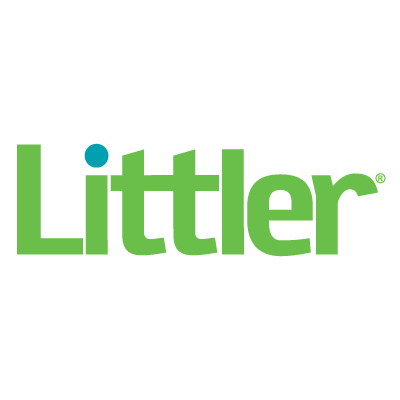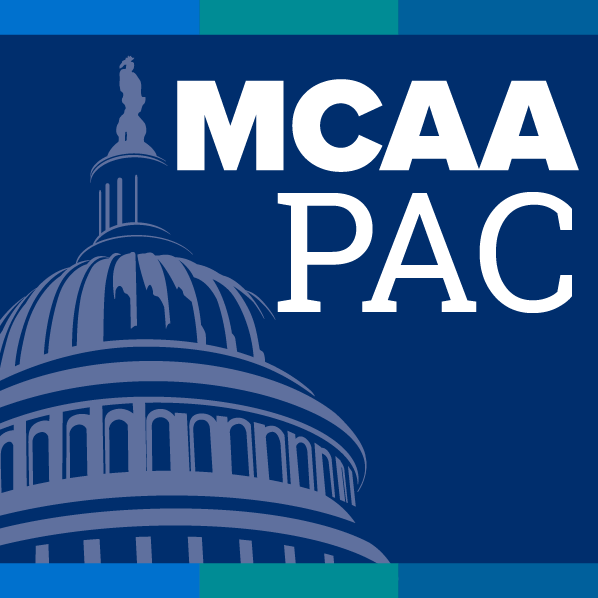
By: Jim Paretti, Michael J. Lotito, and William Hays Weissman
August 31, 2020
On August 28, 2020, the U.S. Department of the Treasury issued guidance for employers with respect to the deferral of the employee portion of certain payroll taxes. This guidance stems from a presidential memorandum issued earlier in the month authorizing employers to defer payment of these taxes. That memorandum allowed for the deferral of the employee portion of federal payroll taxes (6.2% for Social Security and 1.45% for Medicare) from September 1, 2020 until December 31, 2020. The memorandum allows employers to defer payment of the employee portion of these payroll taxes for workers earning less than $4,000 on a biweekly basis (roughly $104,000 annually).
Treasury’s guidance makes clear that an employer may elect to defer the payment of the employee portion of these taxes on “applicable wages” until next year, when they would be owed in installments between January 1, 2021 and April 30, 2021. “Applicable wages” are defined as those wages paid to an employee on pay dates between September 1, 2020 and December 31, 2020, “but only if the amount of such wages or compensation paid for a bi-weekly pay period is less than the threshold amount of $4,000 or the equivalent threshold amount with respect to other pay periods.” The guidance specifies that applicable wages are determined on a pay period by pay period basis. Finally, the guidance makes clear that employers are required to pay these taxes to the federal government, but goes on to state that employers “may make arrangements to otherwise collect the [due taxes] from the employee.”
The guidance leaves several clear takeaways. First, it is clear that an employer is permitted to defer payment of these taxes, but is not required to. Second, it is likewise clear that unless further action is taken (likely by Congress), these taxes are merely deferred, not forgiven, and will be due by the end of April 2021. Finally, it is not clear what, if any, role an individual employee plays with respect to determining whether they want their share of these taxes deferred, or paid in the normal course. Employers will want to keep each of these points in mind as they evaluate whether or not to participate in this elective deferral.
It is unclear whether Treasury will issue additional guidance regarding this program. Littler WPI will keep you apprised of relevant developments.


